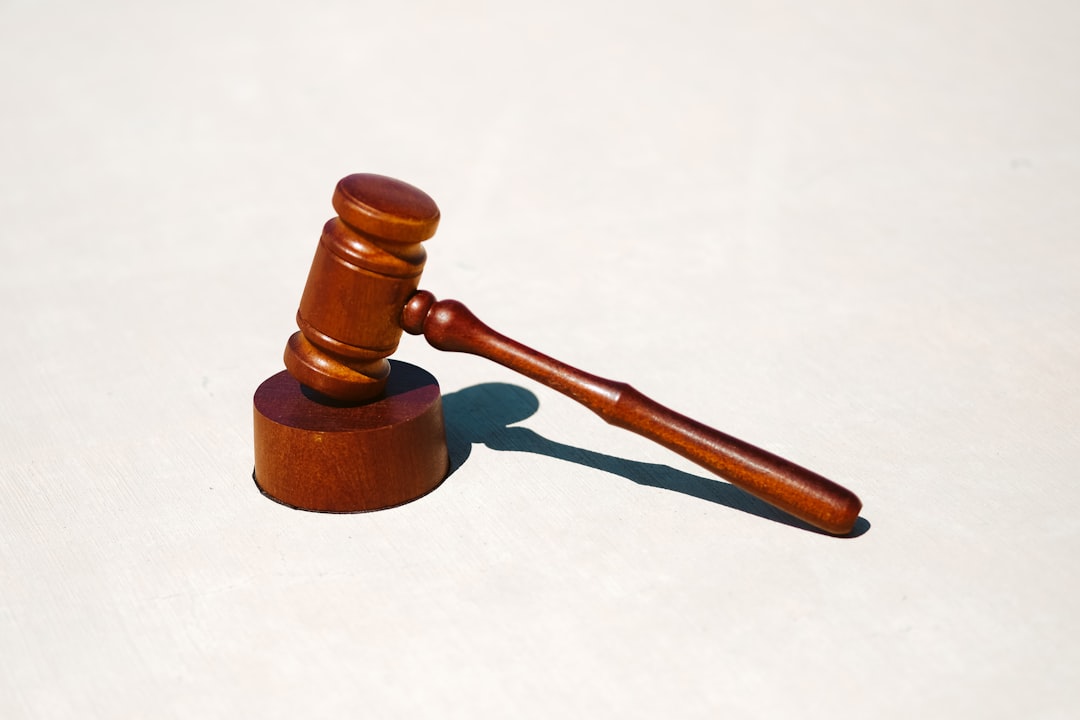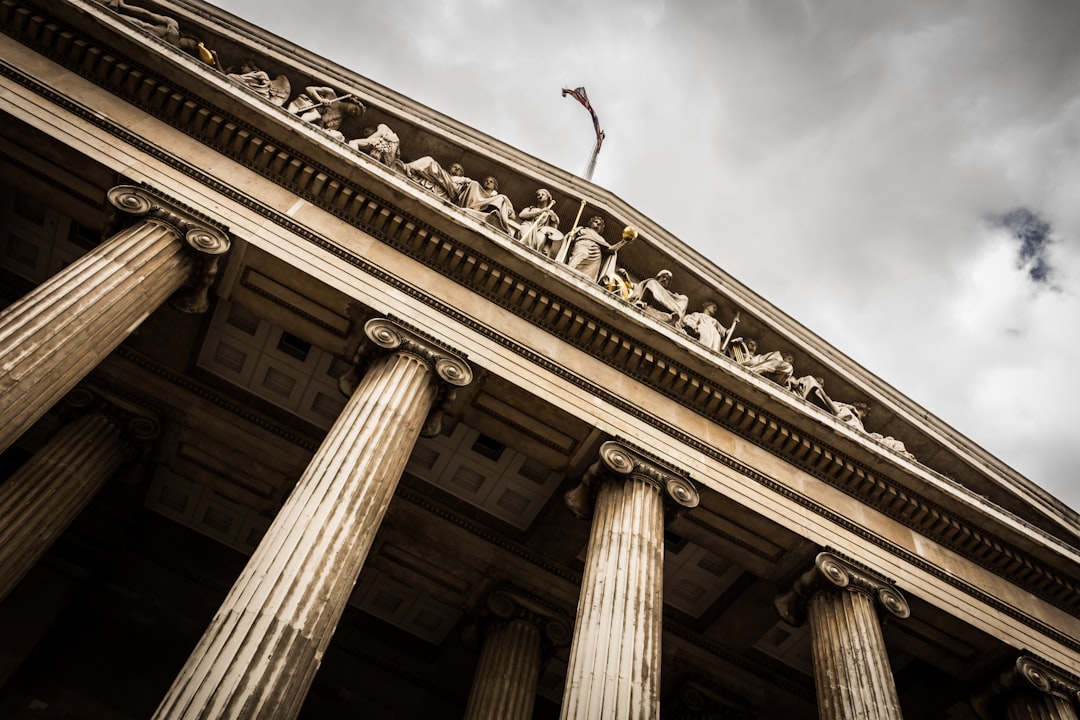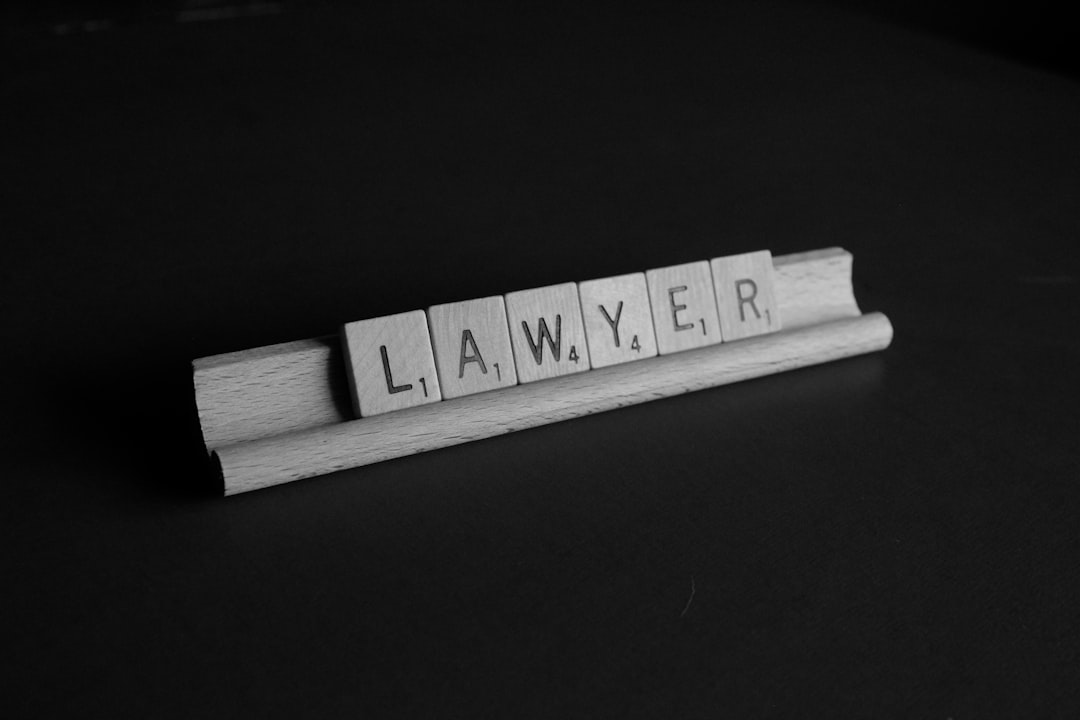Maine protects consumers from abusive debt collection practices through robust regulations, including the strict Do Not Call Law for debt collectors and law firms. These laws empower debtors by mandating validation of debts, transparency, and fair interactions. The state's Fair Debt Collection Practices Act (FDCPA) further safeguards consumers from aggressive tactics, offering them the right to dispute inaccurate information and stop unwanted calls with limited exceptions. Violations can lead to legal consequences, with the Maine Attorney General's Office overseeing complaints and enforcing the law. Residents can also file formal complaints and access free legal aid for rights infringements.
In Maine, debt collection practices are strictly regulated to safeguard consumers from aggressive and unfair tactics. This article provides an in-depth look at Maine’s laws governing debt collection, empowering residents with knowledge of their rights. We explore essential aspects, including the state’s Do Not Call Law, fair debt collection practices, and the steps to file complaints against unethical collectors. Understanding these regulations is crucial for folks in Maine to navigate the complex landscape of debt management effectively and ensure their legal protections are observed.
Understanding Maine's Debt Collection Laws: An Overview

Maine has established comprehensive laws to protect consumers from aggressive and unfair debt collection practices, ensuring a balance between debt recovery efforts and individual rights. The state’s regulations are designed to give debtors reasonable protection while allowing creditors to recover their debts. At the core of these laws is the Do Not Call law, which restricts phone calls to individuals or their representatives, offering peace of mind and limiting unwanted contacts.
The Maine Debt Collection Act outlines specific guidelines for collection agencies operating within the state. It mandates that collectors obtain validation of the debt, providing debtors with crucial information about the amount owed and the original creditor. This process empowers consumers to challenge inaccurate claims and ensures transparency throughout the collection process. Additionally, the act restricts abusive practices, such as threatening language or false representations, ensuring a fair and respectful interaction between creditors and debtors.
The Do Not Call Law: Protecting Residents from Unwanted Legal Contacts

In Maine, the Do Not Call Law plays a significant role in protecting residents from unwanted legal contacts and debt collection practices. This state-level legislation restricts law firms and debt collectors from making phone calls to individuals who have registered on the official “Do Not Call” list. By doing so, it ensures that Mainers can enjoy peace of mind and privacy, free from relentless phone calls promoting legal services or seeking payment for debts they may not owe.
The Do Not Call Law in Maine is strictly enforced, with penalties for violators. Residents who wish to opt-out of such calls can register their numbers through the Maine Attorney General’s office. This simple step significantly reduces the number of intrusive phone calls, making it easier for individuals to manage their debt and legal affairs without constant harassment from collection agencies or law firms.
Fair Debt Collection Practices: Rights of Consumers in Maine

In Maine, consumers have specific rights and protections under the Fair Debt Collection Practices Act (FDCPA), which governs how debt collectors can interact with individuals. This law ensures that debt collection practices are fair, ethical, and transparent. One of the key provisions is the “Do Not Call” rule, allowing consumers to request that debt collectors refrain from contacting them by phone, except in certain limited circumstances. Maine residents can exercise this right by simply informing the collector they wish to stop all telephone communications.
Additionally, the FDCPA restricts debt collectors from using abusive or harassing language, making false statements about the consumer’s debt, or employing unfair practices like threatening legal action without intent to take such steps. Consumers in Maine are entitled to validation of their debt and have the right to dispute inaccurate information. These rights empower individuals to navigate debt collection processes with dignity and fairness, ensuring that collectors adhere to established guidelines.
When and How to File a Complaint Against Debt Collectors

If you feel that a debt collector has violated your rights or engaged in unfair practices, you have the legal right to file a complaint. In Maine, you can take action against debt collectors at any time if they are harassing you, using abusive language, or failing to verify the debt they are attempting to collect. The first step is to gather evidence of the violations, including any communication with the collector and records of payments or disputes made.
To file a complaint, contact the Maine Attorney General’s Office, which has a dedicated division for consumer protection. You can also reach out to local law enforcement if the debt collector’s actions rise to the level of criminal behavior. Additionally, several non-profit organizations offer free legal aid and guidance on dealing with debt collectors. Remember, when dealing with potential legal action, it’s wise to avoid contacting law firms directly; instead, focus on official channels to ensure your rights are protected.
Penalties and Remedies for Violating Maine's Debt Collection Regulations

Debt collectors in Maine must adhere to strict regulations, and violations can result in severe penalties. If a collector contacts individuals outside normal business hours (9 am–9 pm), uses abusive or harassing language, or fails to identify themselves as debt collectors, they may face legal repercussions. The Maine Attorney General’s Office has the authority to investigate complaints and take action against violators. Consumers who feel their rights have been infringed can file a complaint with this office, which may lead to civil penalties, including actual damages and attorney fees.
Additionally, the Do Not Call law firms Maine regulations provide consumers with a way to opt-out of unwanted calls. Those who register on the state’s Do Not Call list are entitled to peace and quiet, free from persistent debt collector telephone calls. Violations of this regulation can result in significant fines for collectors, emphasizing the importance of respecting consumer choices and privacy.






